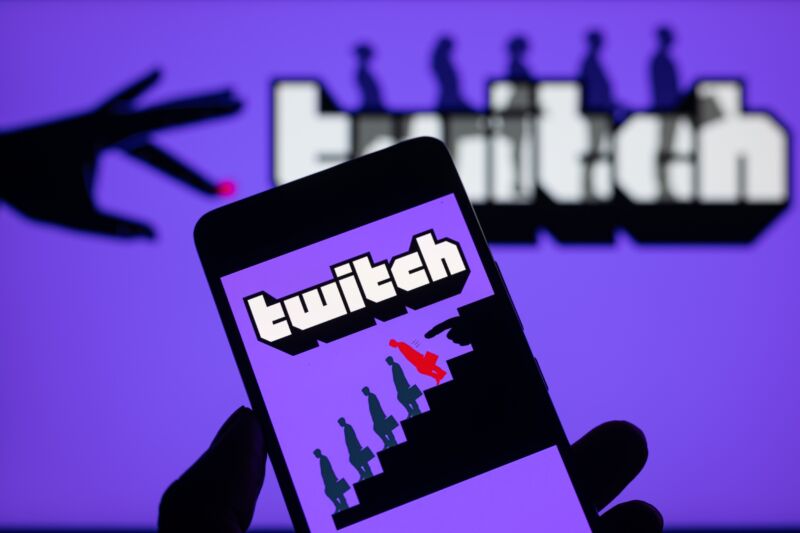Amazon-owned Twitch plans to stop providing its streaming platform in South Korea, saying that fees charged by network operators make it impossible to run the service without a significant loss in the country.
The shutdown is scheduled for February 27, 2024, Twitch CEO Dan Clancy announced on Tuesday. Transmitting data in Korea “is prohibitively expensive” despite the company’s efforts to reduce data usage, he wrote.
“First, we experimented with a peer-to-peer model for source quality. Then, we adjusted source quality to a maximum of 720p. While we have lowered costs from these efforts, our network fees in Korea are still 10 times more expensive than in most other countries. Twitch has been operating in Korea at a significant loss, and unfortunately there is no pathway forward for our business to run more sustainably in that country,” Clancy wrote.
Clancy called the financial problem in Korea “a unique situation” that won’t necessarily be repeated elsewhere. “Operating costs in Korea are significantly higher than they are in other countries and we have been open about this challenge for some time,” he wrote.
Clancy said Twitch will help streamers move to different platforms. “We will work to help Twitch streamers in Korea move their communities to alternative livestreaming services in Korea,” he wrote. “We are also reaching out to several of these services to help with the transition and will communicate with impacted streamers as those discussions progress.”
Sending-party-pays model causes problems
Broadband providers in many countries have been pushing for payments from large online platforms. In Korea, the “sending-party-pays” model “has caused less-efficient traffic flows, higher prices, and lower content quality,” the Information Technology & Innovation Foundation wrote in a 2022 paper.
“Sending-party-pays policies—in which companies such as Netflix pay mandated prices to have their services delivered the last mile to customers—distort prices in the complex peering and transit services market, resulting in inefficient traffic management,” the paper said.
In 2016, “the Korean government implemented a set of amendments to its 2005 interconnection policy that fundamentally altered norms of voluntary negotiated interconnection by instead imposing a ‘sending party pays’ regime,” another analysis by the Internet Society explained.
The new rules “meant that hosting content in any of Korea’s networks became excessively expensive as the ISP would pass on costs to the content provider.” This caused Facebook to disable its cache in provider KT’s network, “which meant that Korean users were instead routed to other caches overseas,” making access to Facebook slower for local users.
South Korean Internet service provider SK Broadband sued Netflix in 2021, demanding payment for a surge in network traffic related to the show Squid Game. Netflix had previously sued SK Broadband over its network fees. The companies settled in September 2023, with Netflix announcing a “strategic partnership” to offer bundled packages to customers and “end all disputes” between them.
The Korea Telecommunications Operators Association, an industry lobby group, has previously criticized Twitch for lowering video resolution in the country. “Similar services like Afreeca TV have been enjoying profits, so Twitch’s decision could be based on the company’s broader management problems,” a spokesperson for the group said after Twitch’s shutdown announcement, according to the Associated Press.
ISPs in Europe and US want similar fees
Earlier this year, the European Union government sought public input on a controversial proposal to make online platforms pay for telecom companies’ broadband network upgrades and expansions. European ISPs have been saying they should be allowed to demand fees from online companies that account for over 5 percent of a telco’s average peak traffic.
Meta and Netflix criticized the proposal, and the Biden administration told Europe that mandating payments from online platforms to ISPs would “distort competition” and undermine net neutrality.
The US broadband industry has also been arguing that Big Tech companies should contribute toward a fund that subsidizes the building of broadband networks. “We need a modern reset that more equitably shares these financial obligations among those who benefit the most from these connections,” USTelecom CEO Jonathan Spalter wrote in June 2023. USTelecom represents AT&T, Verizon, and other network operators.
